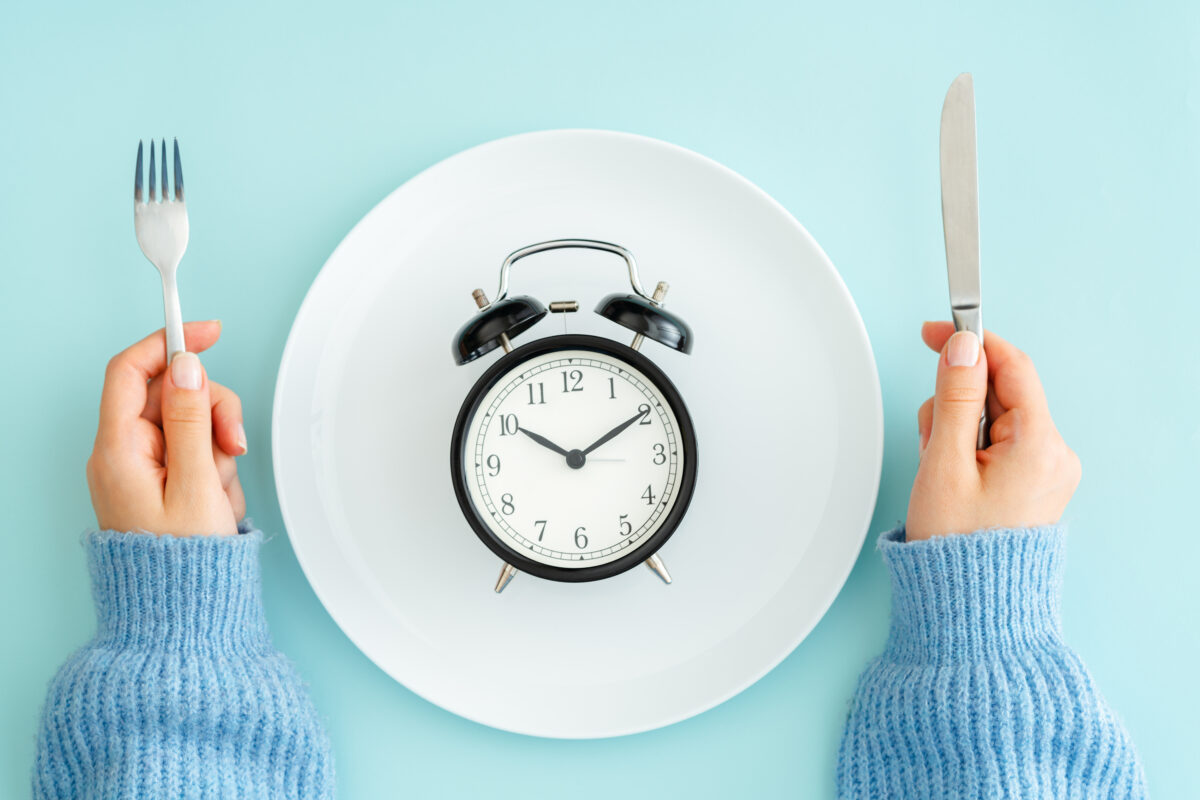What you eat has a huge impact on your health. But does it matter when you eat?
WellTuned spoke with Leslie Cornett, a registered dietitian-nutritionist at BlueCross BlueShield of Tennessee, to learn more about how to pick the best times for meals.
Is there a “right” time to eat your meals?
Leslie Cornett: There aren’t any specific times that are ideal for each meal for everyone. It varies from person to person, based on their individual schedules and daily activities.
The timing is less important than the consistency. You want to find a mealtime that works with your schedule—and stick with it. Try to avoid fluctuating meal and snack times from day to day as much as you can. When you eat irregularly or skip meals, you’re more likely to make poor food choices or eat larger portions.
Many people skip breakfast, claiming they’re too busy to eat in the morning or they’re not hungry at that hour. But eating breakfast, even a small one, provides significant health benefits. It can help:
- reduce blood pressure
- improve blood sugar
- lower cholesterol
- reduce the risk of heart attack or stroke
A small-to-moderate breakfast with fiber-dense carbohydrates and protein is the way to go. One suggestion to try: whole grain toast with avocado, an egg, and a half-cup of fresh berries.
Additionally, don’t let too much time go by between meals. I recommend 4-5 hours between large meals and about 3-4 hours between small meals or snacks.
Watch out for late night eating
Leslie Cornett: If you follow a balanced eating plan and you eat a healthy dinner, it doesn’t matter too much if you eat dinner at 6 p.m. or 8 p.m.
I do recommend avoiding snacking or eating late at night. You’re taking in more calories without giving your body an opportunity to burn them off. And, the way your body reacts to late eating increases the risk of obesity. It seems to alter the hormones that regulate your appetite and help you feel full. It also makes your body want to store more fat. You are also more likely to have digestive issues like heartburn if you eat a lot right before you go to bed.
If you know you’re going to be eating dinner at a later-than-usual hour, enjoy a healthy snack beforehand to avoid overeating. If you often experience late-night cravings, make sure you’re eating enough calories throughout the day.
If you work odd hours
Leslie Cornett: If you work untraditional hours, it can be more challenging to pick the right mealtimes. People who work nights and split shifts are at increased risk for obesity because their schedules don’t coincide with their body’s normal schedule of eating, sleeping and digesting. They might end up snacking more often and consuming caffeinated drinks to stay awake. They also may not exercise as much.
Consistency is key here, too. Try to pick mealtimes that work for your schedule and only eat at those times. A few more suggestions that may help you maintain a healthy eating regimen:
- Prepare healthy meals and snacks at home and bring them with you
- Avoid excess snacking by sticking to your chosen mealtimes
- Be as active as possible during your shift
- Get adequate sleep during your off time
Focus on making healthy choices
Leslie Cornett: What you eat does matter as much as when you eat—maybe more. So don’t let an early dinnertime encourage you to load up on unhealthy food just because it’s early. Eating a healthy diet with an emphasis on fruits, vegetables, lean protein, and whole grains will give you the nutrition you need.
“It’s fine to consider the timing, but don’t forget that’s it’s important to choose healthy foods and watch your portion sizes, too,” says Leslie.
More from Leslie Cornett on WellTuned
Get more information about specific health terms, topics and conditions to better manage your health on bcbst.com. BlueCross BlueShield of Tennessee members can access wellness-related discounts on fitness products, gym memberships, healthy eating and more through Blue365®. BCBST members can also find tools and resources to help improve health and well-being by logging into BlueAccess and going to the Managing Your Health tab.





